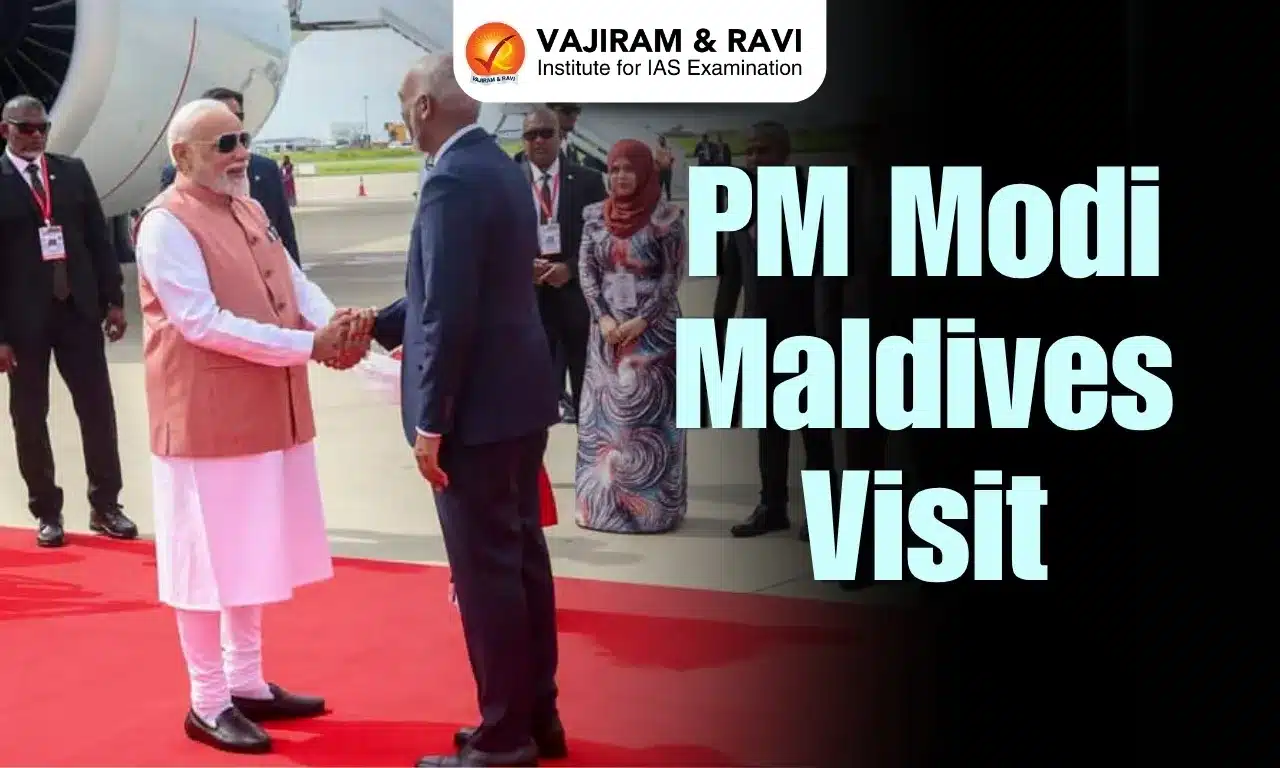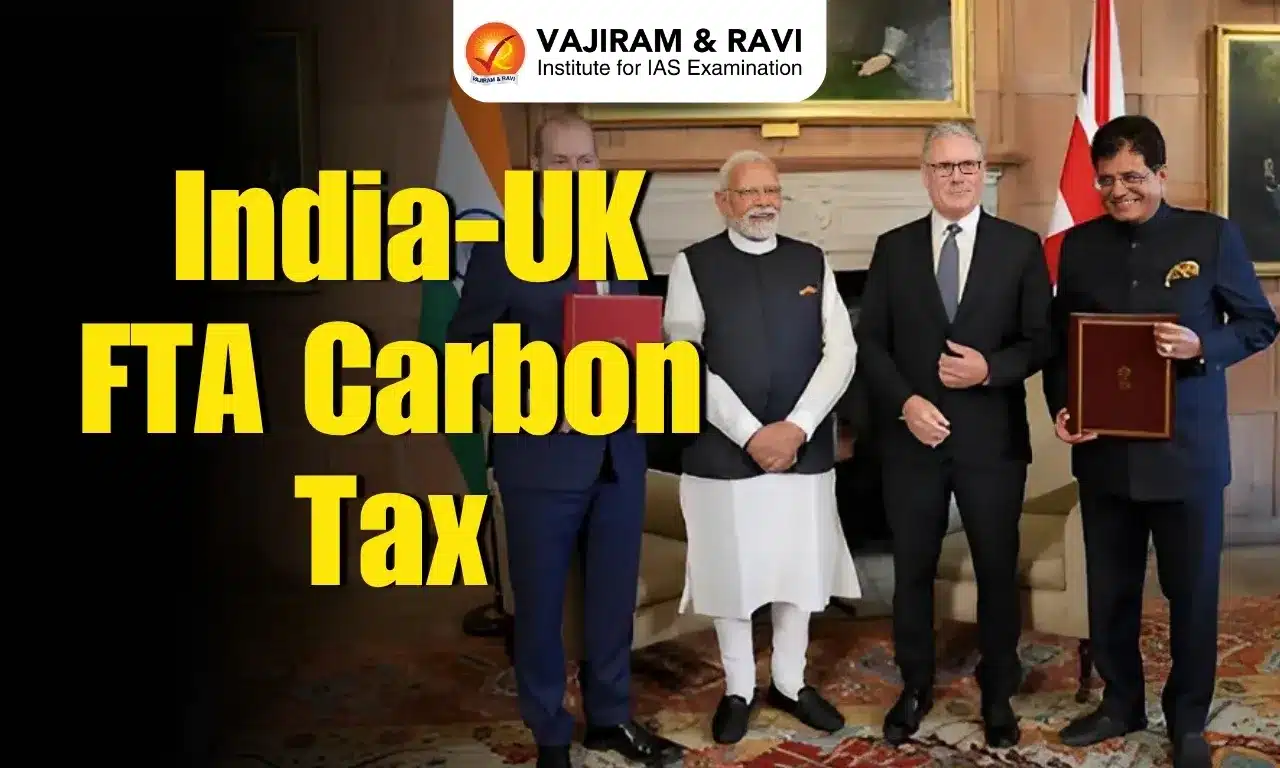What’s in today’s article?
- Why in news?
- North Atlantic Treaty Organization (NATO)
- What is NATO?
- What are the functions of NATO?
- Should India join NATO?
- Arguments in favour of joining
- Arguments against joining the alliance
- Recent developments in India – NATO engagement
- Conclusion
- News Summary: Finland joins NATO
- Why this move is seen as a strategic and political blow to Russia?
Why in news?
- Finland joined the NATO military alliance, dealing a major blow to Russia with a historic realignment of the continent triggered by Moscow’s invasion of Ukraine.
North Atlantic Treaty Organization (NATO)
What is NATO?
- Formed in 1949 with the signing of the Washington Treaty, NATO is a security alliance of 30 countries from North America and Europe.
- Recently, Finland joined the alliance as 31st member.
- NATO’s fundamental goal is to safeguard the Allies’ freedom and security by political and military means.
- It is a system of collective defence where independent member states agree for mutual defence in case of any attack by external party.
- Article 5 of the Washington Treaty states that an attack against one Ally is an attack against all.
- This article forms the core of the Alliance, a promise of collective defense.
- Headquarter – Brussels, Belgium.
What are the functions of NATO?
- Political
- NATO promotes democratic values and enables members to consult and cooperate on defence and security-related issues to solve problems, build trust and, in the long run, prevent conflict.
- Military
- NATO is committed to the peaceful resolution of disputes.
- If diplomatic efforts fail, it has the military power to undertake crisis-management operations.
Should India join NATO?
Arguments in favour of joining
- End of Cold War era
- During the Cold War, India’s refusal was premised on its non-alignment.
- This argument has little justification once the Cold War ended during 1989-91.
- NATO has regular consultations with both Russia and China, despite the gathering tensions with them in recent years.
- This presents a case for India to join the alliance.
- To combat terrorism
- India has seen many terrorist attacks – 26/11 Mumbai terror attack, Pulwama, Uri attack etc.
- Hence, security analysts suggest that India should join NATO to combat terrorism on a long-term basis.
- Members of NATO are well-established partners of India
- Indian membership would simply mean having regular contact with a military alliance, most of whose members are well-established partners of India.
- India has military exchanges with many members of NATO — including the US, Britain, and France — in bilateral and minilateral formats.
- Hence, collective engagement with NATO should not be problematic.
- To contain China
- NATO is increasing its footprints in Indian Ocean Region where China is aggressive.
- NATO membership would help India in containing China.
Arguments against joining the alliance
- Fear of antagonising Russia
- Russia has been a long-term ally for India. Even, during the current Ukraine war, India has not openly criticised Russia.
- India still is heavily dependent on the Russian military equipment. Hence, joining NATO will lead to the deterioration of the relationship.
- It would hurl India headlong into the Global War on Terror
- Joining NATO on full-term basis could become problematic for India as it would drag India into various conflicts around the globe.
- Collective self-defence article would force India to contribute its troops to support NATO.
- Joining NATO on full-term basis could become problematic for India as it would drag India into various conflicts around the globe.
- Sovereignty and Principle of Non-Alignment
- Joining the alliance would lead to the establishment of NATO bases on India’s territory which may be considered an infringement of our sovereignty.
- So far, India has not joined any military bloc and remained true to the principle of non-alignment which forms the core of India’s foreign policy.
Recent developments in India – NATO engagement
- In August 2022, the external affairs ministry acknowledged that India and NATO are in touch at different levels for quite some time now.
- India held its first political dialogue with the organisation in Brussels on December 12, 2019.
- The second round was to be held in New Delhi in 2020, which was delayed due to the Covid-19 pandemic.
- This is part of India’s contacts with various stakeholders on various issues of mutual interests.
Conclusion
- India needs to open a strategic dialogue with NATO and work towards areas of common security concern on a case-by-case basis.
- In this context, a pragmatic engagement with NATO countries must be an important part of India’s foreign policy.
- However, it must refrain from becoming a formal member of NATO.
News Summary: Finland joins NATO
- Finland has become the 31st member of NATO after its foreign minister signed an accession document.
- With this, the Nordic nation officially entered the world’s biggest security alliance, doubling its border with Russia.
Why this move is seen as a strategic and political blow to Russia?
- Major change in Europe’s security landscape
- Finland had adopted neutrality after its defeat by the Soviets in World War II.
- However, after the Russian invasion of Ukraine, Finland expressed its willingness to join the alliance.
- Hence, Finland’s membership represents a major change in Europe’s security landscape.
- NATO’s expansion toward Russia
- Finland shares the longest European Union border with Russia.
- Hence, Finland’s membership has ensured NATO’s expansion toward Russia.
Q1) What is the geographical location of Finland?
Finland is a country located in northern Europe. It is situated between Sweden to the west, Norway to the north, and Russia to the east. Finland also shares a maritime border with Estonia to the south across the Gulf of Finland. The coordinates of Finland’s capital city, Helsinki, are 60.1699° N, 24.9384° E.
Q2) What is Article 5 of the Washington Treaty?
Article 5 of the Washington Treaty is a critical component of the North Atlantic Treaty Organization (NATO) agreement. It states that an armed attack against one or more NATO members in Europe or North America shall be considered an attack against all NATO members. It goes on to state that each member of NATO will take the necessary measures, including the use of armed force, to restore and maintain the security of the North Atlantic area.
Source: Finland joins NATO, dealing blow to Russia for Ukraine war | The Hindu |The Guardian
Last updated on July, 2025
→ UPSC Notification 2025 was released on 22nd January 2025.
→ UPSC Prelims Result 2025 is out now for the CSE held on 25 May 2025.
→ UPSC Prelims Question Paper 2025 and Unofficial Prelims Answer Key 2025 are available now.
→ UPSC Calendar 2026 is released on 15th May, 2025.
→ The UPSC Vacancy 2025 were released 1129, out of which 979 were for UPSC CSE and remaining 150 are for UPSC IFoS.
→ UPSC Mains 2025 will be conducted on 22nd August 2025.
→ UPSC Prelims 2026 will be conducted on 24th May, 2026 & UPSC Mains 2026 will be conducted on 21st August 2026.
→ The UPSC Selection Process is of 3 stages-Prelims, Mains and Interview.
→ UPSC Result 2024 is released with latest UPSC Marksheet 2024. Check Now!
→ UPSC Toppers List 2024 is released now. Shakti Dubey is UPSC AIR 1 2024 Topper.
→ Also check Best IAS Coaching in Delhi















